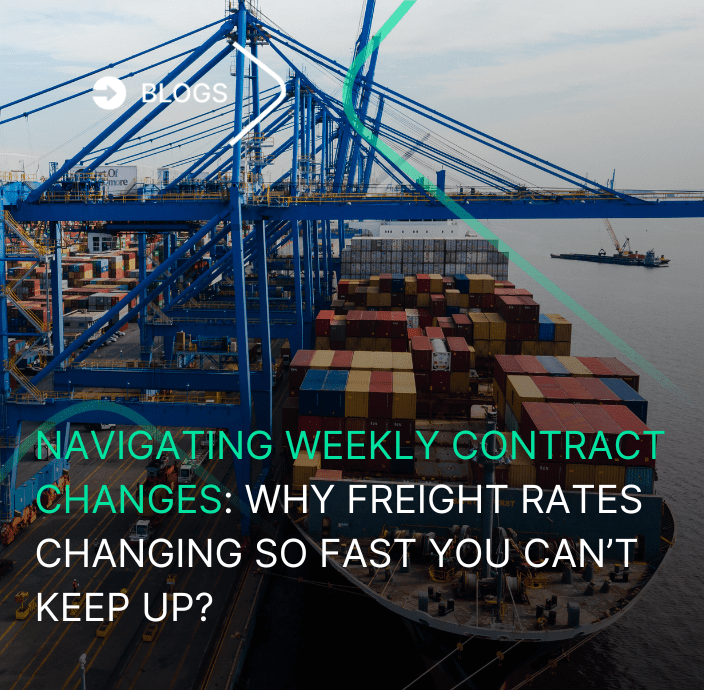Despite the disruptions in supply chains, shipping, and global economies caused by the pandemic in 2020, the industry has gained some confidence in facing different threats and has learned how to manage new risks. However, there are still other problems that endanger the continuity of the different agents for the next decade. We invite you to get to know them in order to prepare an appropriate strategy against these risks.
The threats that the maritime industry faces are growing day by day, so it’s crucial to define priorities in order to settle strategies to overcome them successfully. Therefore, in a joint effort between Global Maritime Forum, International Union of Marine Insurance, and Marsh Specialty, it has been possible to collect through a survey the impact of certain problems in the maritime industry, according to its main leaders.
Threats in the maritime industry: what impact will they have and how to prepare
As we’ve discussed previously, the Global Maritime Issues Monitor 2021 research has collected information from top leaders, analyzing 19 global threats to the maritime industry over the next decade. At Cargofive, we decided to make a brief summary of the three main challenges to consider:
- Sustainability
Responders rated shipping decarbonization as the most shocking issue, in addition to new environmental regulations. As various agents have noted over the past few years, the pressure from investors, financial institutions, and customers looking to address sustainability issues is on the rise, making sustainable maritime technology a hot topic.
This point grows in importance when it comes to analyzing it against fuel’s price, where concern about its impact has increased from last year in the survey. This will be a crucial topic to pay special attention to in the next decade, to seek strategies that are sufficiently flexible considering a possible rise.
Continuing with prices, another challenge to consider is the pricing of greenhouse gas (GHG) emissions. Leaders see a very likely price tag for GHG emissions as a key step in climate policy.
- Cyber risks
Like other sectors, the maritime industry is evolving technologically, including changes in ships, terminals, ports, and other areas. While they lead to big improvements in international shipping, these changes also open the door to an increase in attacks from bad players.
Maritime industry leaders believe that cyberattacks and data theft will have more impact and will be more likely in the next decade, nevertheless, they believe that many in the industry are not fully prepared to address these issues.
Because of this threat, organizations must strengthen and improve their ability to resist the inevitable attacks. Employee training, monitoring of IT protocols, and other steps are and will be necessary to improve cyber resilience.
- Lack of digitalization
The entire freight shipping ecosystem is evolving, and certain organizations are not fully prepared for this digital evolution. Industry experts see risks primarily around Big Data and Artificial Intelligence as additional areas for which the maritime industry needs to improve its readiness.
Faced with this, they consider that the actors in the supply chain should prepare around the impacts that Artificial Intelligence and digitalization will generate in administrative areas, employees training, and focusing the talent search on digitalization. As it is already happening in different areas, these challenges will include interoperability of cargo reservation and forwarding systems, electronic documentation such as e-BL, and more.
The maritime industry continues to adjust to a number of problems caused or exacerbated by the COVID-19 pandemic, including shipping delays, ports congestion, and supply crises. But beyond these short-term concerns, we also note that the industry is already working on the changes needed to address the challenges of climate change and the growing cyber risks of a technology-driven global economy. Having the right tools to face these changes will be the key to surviving the threats of the maritime industry and achieving a competitive strategy.
AUTHOR



